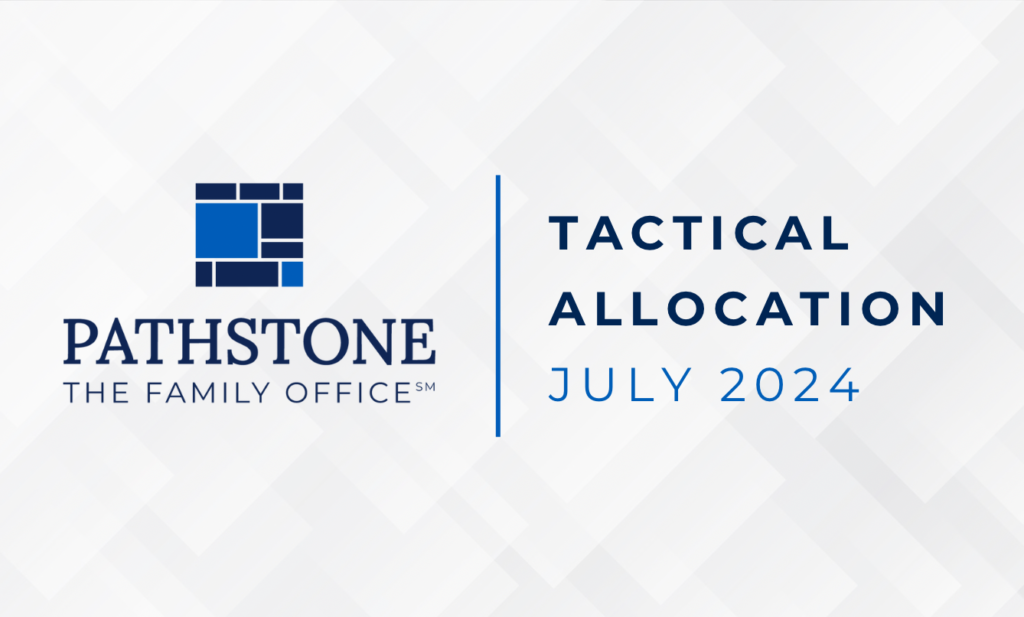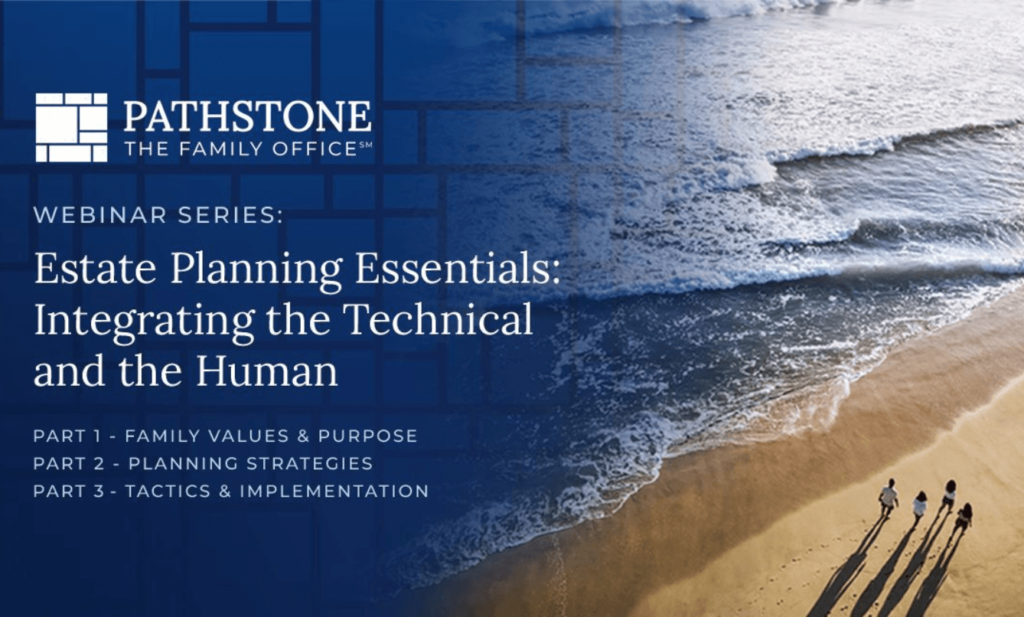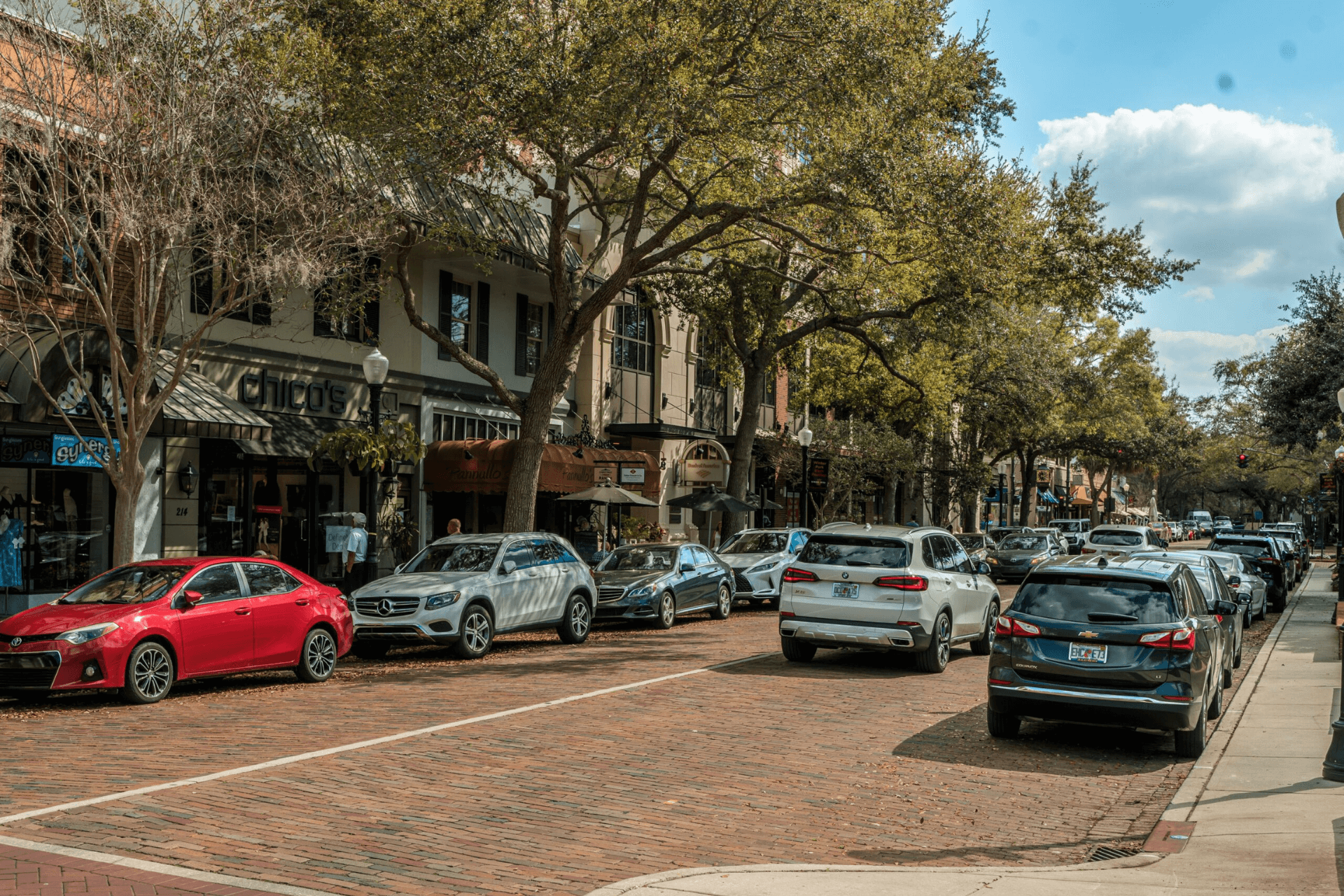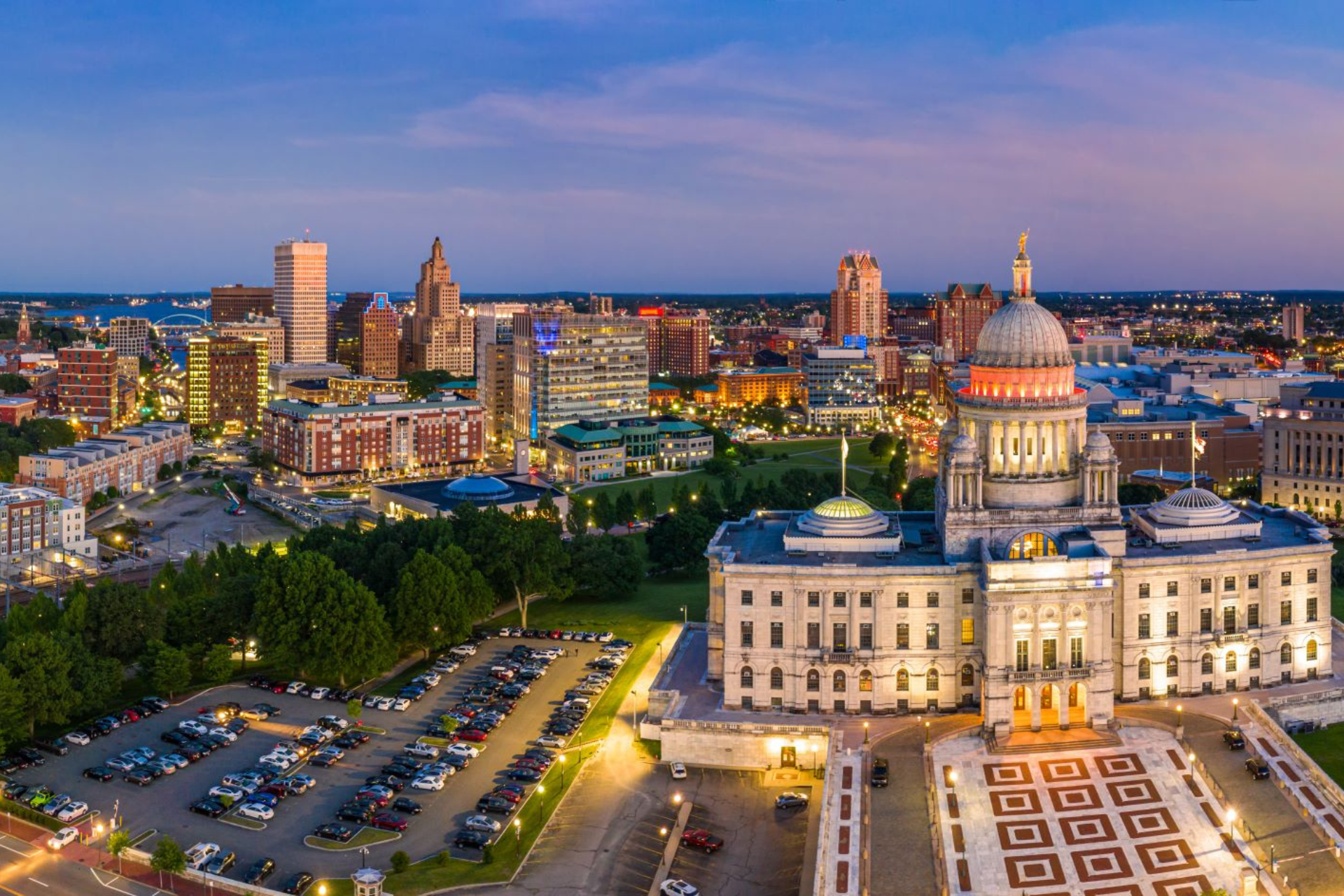Today’s families are immersed in a changing economic, social and political landscape. Even the most seemingly perfect families are not exempt from difficult dynamics. For instance, the first-generation might worry about a change in the family’s wealth tradition. At the same time, the upcoming generation might have values that appear different. A shift in family values and norms often could lead to mistrust of wealth transfer from one generation to another. A study by Barclays Private Bank has it that “a large proportion of wealth owners (67%) are cautious about relinquishing control of their wealth to the next generation. Differences in attitudes, risk appetite, and educational background are the most common issues creating barriers between them. Risk aversion is one of the biggest causes of tension, as almost 40% of wealth owners want to take less risk in a bid to preserve their wealth for future generations.”
As over $30 trillion is expected to pass down to inheritors in the United States, the question of “how” to transfer wealth from one generation is a burning question. Many beneficiaries of wealth have not been involved in the management process and maybe uninformed and unprepared for wealth transfers. Families may find that integrating environmental, social, and governance perspectives into philanthropic discussions can be helpful in engaging diverse family members in investment discussions and discussions of charitable objectives.
Impact Investing: Sustaining Family Legacies
As family values evolve, families often struggle to reconcile their investments with their values while finding a common ground to sustain their family legacy. For instance, the younger generation who are poised to inherit wealth from their parents is more likely to invest sustainably because they believe that they would be impacted by the long-term effect of climate change and the growing social and economic inequality. Having a sustainable investment approach might be perceived by older generations as diverting the focus from the family’s original values and legacy. Embracing new approaches to investing in a sustainable manner can help families with different views find common ground in their shared objectives of preserving family wealth and values while working towards making an impact and sustaining a family legacy. One way a family can find common ground is to create a family charter that captures core family principles and values while establishing long-term objectives for wealth preservation, growth, philanthropic goals, and impact.
Reflect and Improve Past Legacy
Families are constantly reflecting on what sort of legacy they hope to leave behind for their children and grandchildren. For instance, a family might be concerned that the peace, freedom, and opportunity that they enjoyed in their lifetime, will not be available to their children and grandchildren in the future. They may be concerned about the world from an environmental and a social perspective. As PWC’s 10th Global Family Business Survey has described, today’s family business owners and families of wealth often want to create a company or pass along wealth that makes a positive impact and ensures a legacy for future generations. They would like to earn a reputation for prioritizing their employees and the communities they serve. They would like to give back in the traditional sense, but their approach is based on a definition of legacy that is changing. The change in legacy not only represents the business’s achievements in monetary terms, but also reflects the character of the entire family that they want to pass on for future generations to maintain and adapt.
The Rockefeller Foundation provides an example of a foundation that has reflected on what sort of legacies it wants to leave for future generations and has a clear focus on a legacy that helps ensure a healthy and breathable environment. As one step toward achieving this legacy, in 2020 the foundation committed to divest from fossil fuel interests while refraining from future fossil fuel investments. “The Rockefeller Foundation, 107-year-old philanthropy built by oil tycoon John D. Rockefeller, is breaking up with fossil fuels to save the planet. Beyond pledging to dump its fossil fuel holdings, the $5 billion endowments also promise not to make any new investments in the beleaguered sector. The moves make the Rockefeller Foundation the largest U.S. foundation to embrace the rapidly growing divestment movement.”
Family Legacy through donating cash, personal time, and appreciated securities to charities, donor-advised funds (DAFs), and private foundations
Many family companies establish and preserve their legacies by making significant contributions to the communities in which they operate. This frequently takes the form of philanthropic efforts, in which family members and their companies give back to society by making financial donations to groups that are important to them. Charitable giving and philanthropy have continued to grow as families gave more during disasters and pandemics. 2020 Giving USA Foundation’s annual report has it that, “Charitable giving in the U.S. reached a record $471.44 billion in 2020, as individual Americans, corporations, and foundations made contributions in response to Covid-19 pandemic and racial justice efforts.” Similarly, the growing intersection between charitable giving, traditional investing, and business has offered families the opportunity to be thoughtful on how to preserve their legacy while holistically making an impact through different paths to gifting such as cash, personal time in the form of volunteerism, and appreciated securities to donor-advised funds (“DAFs”) and private foundations (see sidebar to learn different paths to gifting).
Family legacy has continued to evolve from generation to generation. Families are often worried about what sort of legacy and values they intend to pass on to the next generation and generations beyond. Families have been challenged to find a balance between wealth preservation and wealth growth while sustaining their legacy and values and engaging a diverse group of family stakeholders. Discussions of impact and environmental, social, and governance perspectives can help provide insights on how to sustain and build a legacy for present and future generations. In addition to identifying risks and opportunities, the process may allow families to better maintain their family legacies, while better achieving their charitable giving and philanthropic objectives.
Please see the PDF version of this article for important citations and disclosures.




















